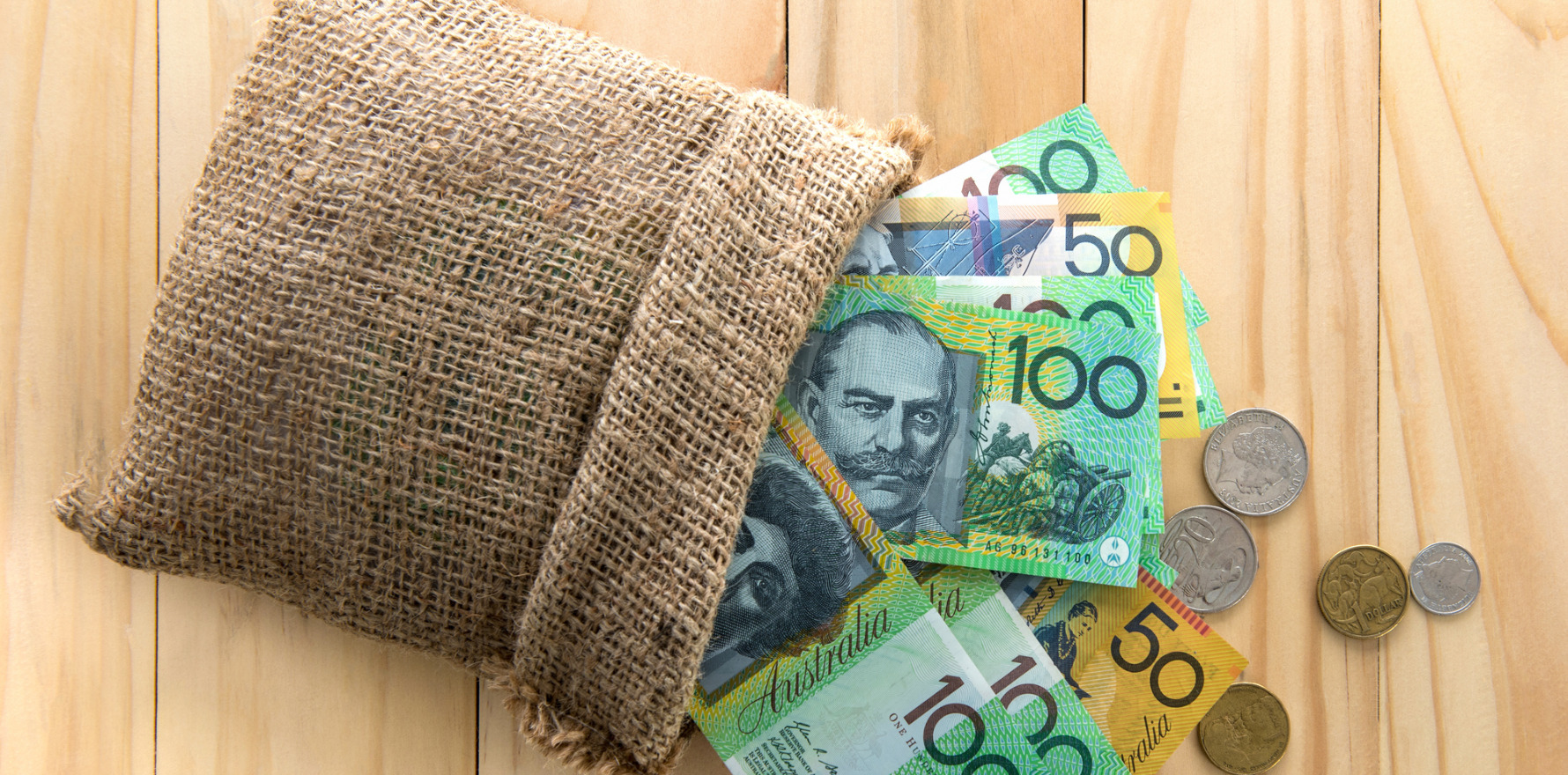There are a few catches – you have to be in NSW and be prepared to make a five-year commitment to working in the NSW public system. See who is eligible.
Applications will open this week for NSW healthcare students to access the 2025 Tertiary Health Study Subsidies.
The five-year $121.9 million state government-funded program is open to students enrolled in healthcare degrees in NSW and allows them to apply for up to $12,000 in financial support to assist with their studies.
Health minister Ryan Park said the next round of applications for the program would open tomorrow, 14 January.
This year support will be available for up to 850 nursing students, 400 medical students and 150 midwifery students.
The program is designed to create a future pipeline of health workers by supporting students with fees, technology, travel, or other costs related to their degree.
Subsidies are also available for students of paramedicine, Aboriginal health, dentistry and oral health therapy, and various allied health professions including psychology, pharmacy, dietetics, and nuclear medicine.
As part of the program, students successful in their application and beginning their degrees will receive subsidies of $4000 per year over three years. Existing students will receive one-off payments of $8000 after acceptance of employment for a position within NSW Health.
Students must be willing to make a five-year commitment to working in the NSW public health system. There are a limited number of subsidies available, and applications will remain open until all subsidies are awarded.
The full list of eligible workforce groups and locations are available on the NSW Health website here.
Mr Park said more than 3900 students across NSW have already benefitted from the tertiary health study subsidies program.
“I am so pleased more students across NSW will continue to benefit from this important initiative, which is helping to ease the financial burden on those starting a career in health,” he said.
“Up to 4000 subsidies are on offer this year for health degrees including nursing, midwifery, medicine, paramedicine, allied health and health science.”
Medical student and Tertiary Health Study Subsidies recipient Aimee Long had high praise for the program.
“I already had a taste of healthcare while working as a pharmacist. Medicine felt like the next logical step for me,” she said.
“I grew up in country Victoria, so I saw the role the doctors and GPs play there and how important it is to that community. So, I decided that is something that I wanted to do and give back to small and rural communities like that.”
She said, “being in medicine is quite an expensive undertaking so it helps me to afford lots of things such as resources, whether or not they’re specific to the uni or external”.

